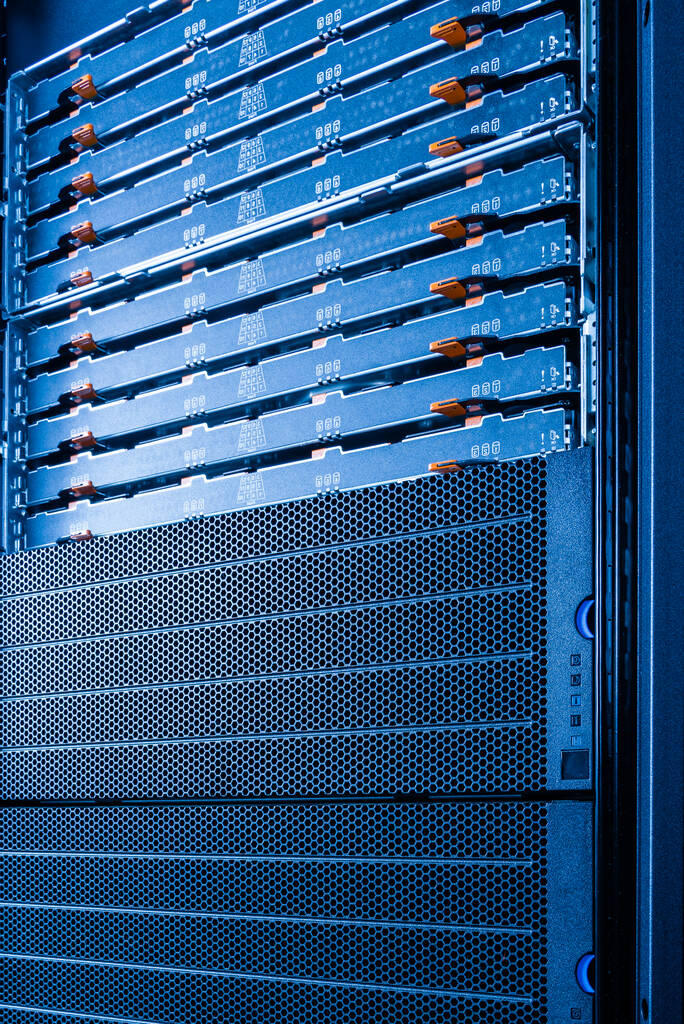There is no definitive answer to this question. The best way to find out is to search online for “data storage near me” or ask friends and family for recommendations on corporate data storage solutions in Singapore. Once you have a few options, you can compare prices and services to find the best fit for your needs.
The different types of data storage
There are many different types of data storage devices available on the market today. Some of the most popular include:
Solid State Drives (SSD): SSDs are becoming increasingly popular as they offer faster data read/write speeds, lower power consumption and are more rugged and reliable than traditional hard disk drives (HDD).
HDDs: HDDs are the traditional type of data storage device and are still widely used due to their low cost per gigabyte.
Hybrid drives: Hybrid drives combine the best features of both SSDs and HDDs by incorporating a small amount of flash memory with a traditional spinning disk. This results in faster data access speeds and lower power consumption than an HDD, while still offering a large capacity and low cost per gigabyte.
Network Attached Storage (NAS): NAS devices are designed for storing and sharing data over a network. They usually consist of one or more hard drives and can be accessed by multiple users simultaneously.
Cloud storage: Cloud storage is a newer type of data storage that allows users to store their data on remote servers (“the cloud”). This can be convenient as it allows users to access their data from anywhere with an internet connection.
The benefits of data storage
Data storage is a critical part of any business or organization. It is a way of keeping information safe and secure, and of making it available when needed. Data storage has many benefits, including:
1. Increased security: Data storage provides an additional layer of security for information. When data is stored off-site, it is less likely to be lost or stolen.
2. Greater availability: Data storage can make information more available to users. When data is stored off-site, it can be accessed from any location with an Internet connection.
3. Reduced costs: Data storage can save businesses money. Storing data off-site can reduce the need for on-site storage space, and can also reduce the costs of backup and disaster recovery.
4. Improved performance: Data storage can improve the performance of a business or organization. When data is stored off-site, it can be accessed more quickly and easily. This can lead to improved productivity and efficiency.
Data storage is a vital part of any business or organization. It provides security, availability, and cost savings. Corporate data storage solutions in Singapore can also improve the performance of a business or organization.
The best data storage for your needs
There are many factors to consider when determining the best data storage for your needs. The type of data you are storing, how often you need to access it, and your budget are all critical considerations.
If you are storing large amounts of data that you rarely need to access, offline storage options like hard drives or optical discs may be the best option for you. These storage methods are less expensive than online storage but require you to transfer your data to and from the storage device manually.
If you need to access your data frequently or share it with others, online storage options like cloud storage or online backup services may be a better option for you. These services are more expensive than offline storage, but they offer more convenience and flexibility.
No matter what storage option you choose, be sure to regularly back up your data to protect it from loss or corruption.
